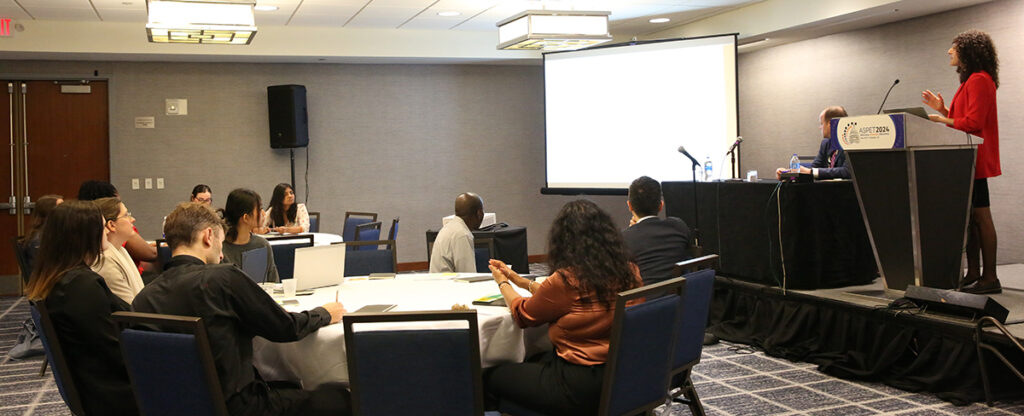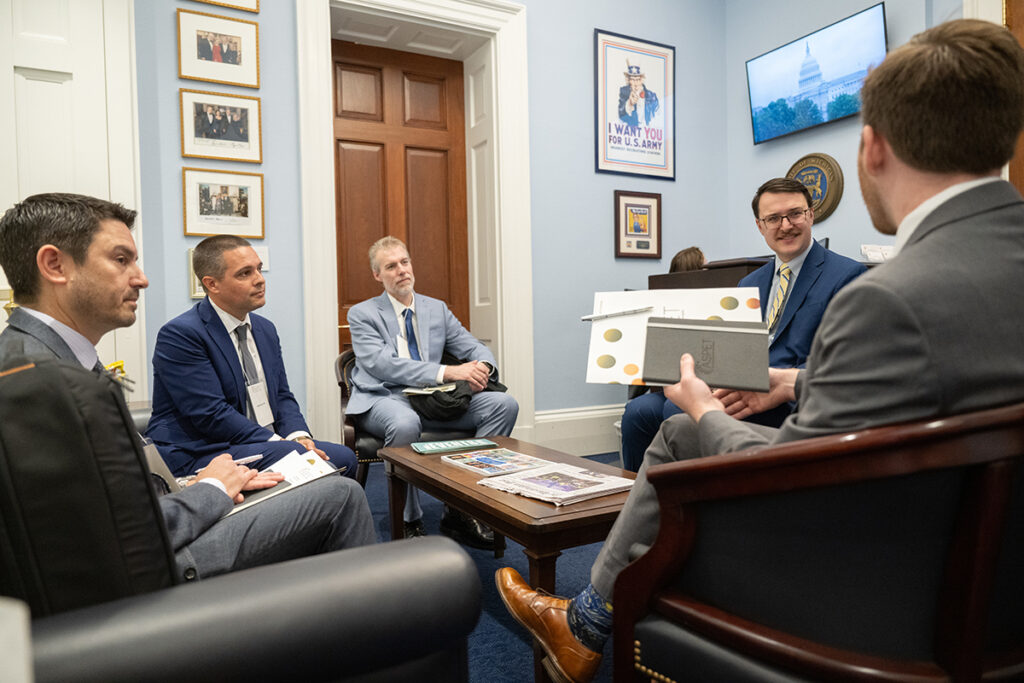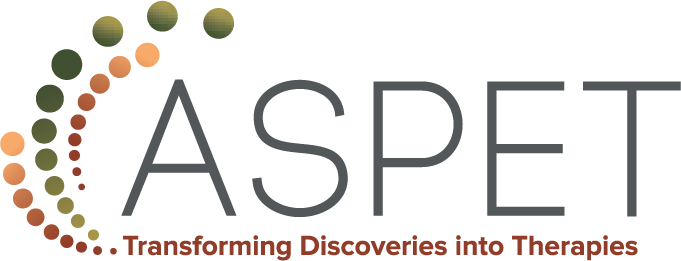
Science Policy and Advocacy Command Attention at ASPET 2024
ASPET strives to provide opportunities for members to engage in public policy and science advocacy for pharmacology and biomedical research. During this year’s annual meeting in Arlington, Va., some attendees were able to participate in a Capitol Hill Day event, an Advocacy for Science Workshop, a session on navigating science policy and a Washington Fellows luncheon. These events and programming highlight ASPET’s commitment to strengthening the science policy conversation between its members and legislators. The goal is to open an avenue for understanding, growth and support for scientific research.
At Capitol Hill Day, 39 participants attended 64 congressional meetings. Nine of these meetings were held with members of Congress. Attendees participated in 31 Senate and 33 House meetings from 47 Democrat and 17 Republican offices. They were able to have sit-down conversations with congressional representatives from 19 states and the District of Columbia on issues ranging from encouraging support for continued funding for biomedical research, the importance of animal research in advancing scientific understanding of diseases and therapeutics, to drug research policy. ASPET will continue to offer more opportunities for members to share their stories with elected officials at future Hill Day events.
A small group of early-career scientists also convened during the annual meeting for a workshop on science advocacy. There was an introduction to the field of science policy and a discussion on the legislative process including how a bill becomes a law. A guest speaker led the group through topics such as local government, relationship building and message communication. They also examined various case studies covering the opioid epidemic, how health departments tackled COVID and connecting science to stakeholders in Georgia. The group also practiced navigating through their local government website to identify a local body responsible for a topic of interest to each of them. These early-career scientists received foundational information and training on not only science policy, but how to apply it to topics they hear about in the media.

Experts from government agencies, government relations and ASPET were part of a panel discussion at ASPET 2024. The panelists discussed how policy experts work with scientists, how administrators and policy makers collaborate in the rule making that impacts biomedical research and ASPET’s approach to identifying science policy priorities that advance pharmacology and biomedical research. The panelists also discussed their career journeys that transitioned from research to the policy arena.
ASPET’s Washington Fellows Program held a luncheon for alumni to network and socialize at the annual meeting. Washington Fellows commit to a year-long fellowship that introduces them to science policy and advocacy issues and culminates with a Hill Day experience to meet with congressional representatives. Learn more about the 2024–25 application process.
Being close to the Washington, DC area provided opportunities for unique experiences for ASPET members and annual meeting attendees to learn about science policy and share their stories with legislators on Capitol Hill. The Society will continue to find ways to expand this engagement to ensure that advocacy issues remain prominent in the public conversation.

